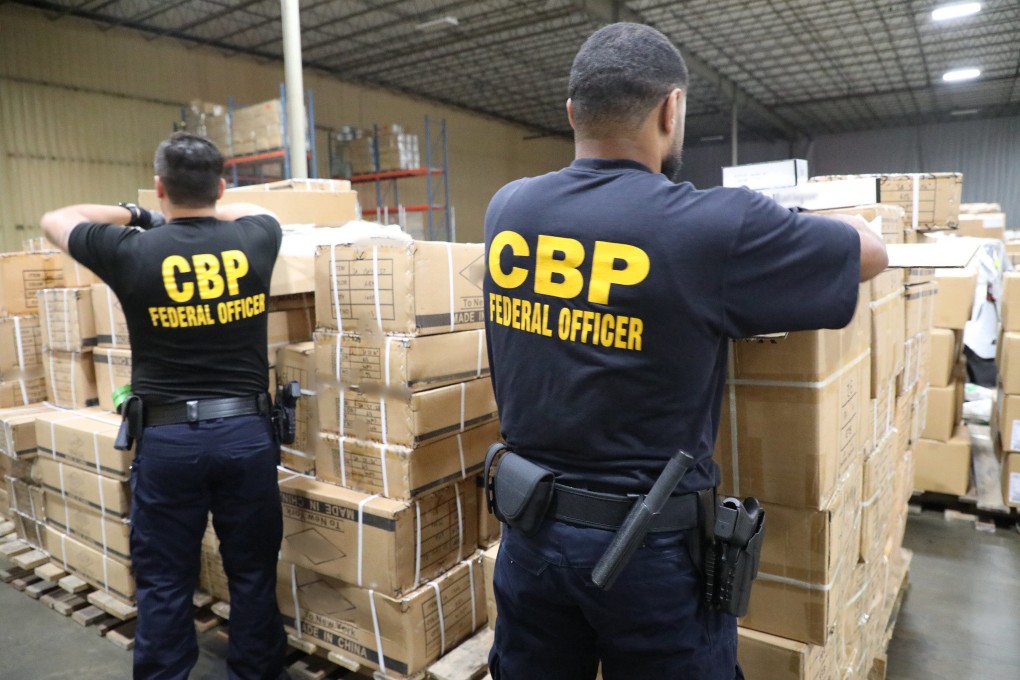US House passes final version of China bill that bans all Xinjiang imports over forced labour
- Senate and House members compromise on how quickly the import ban must be implemented after the legislation becomes law: 180 days
- The bill creates a ‘rebuttable presumption’ that all goods sourced wholly or in part from the western Chinese region of Xinjiang are tainted with forced labour

The Uygur Forced Labour Prevention Act’s main sponsor in the House, Representative Jim McGovern, a Democrat from Massachusetts, announced earlier in the day that he had reached an agreement on the bill’s final text with Senator Marco Rubio, the Florida Republican who has led the legislation in the Senate.
The new version includes a compromise on how quickly the import ban must be implemented following the legislation’s enactment; the reconciled version provides a grace period of 180 days, significantly shorter than the Senate version’s 300 days and slightly longer than the House bill’s 120 days.
In a voice vote late on Tuesday evening, House Representatives agreed unanimously to the new text, sending the bill to the upper chamber where Senators are expected to vote on the measure as soon as Wednesday.
